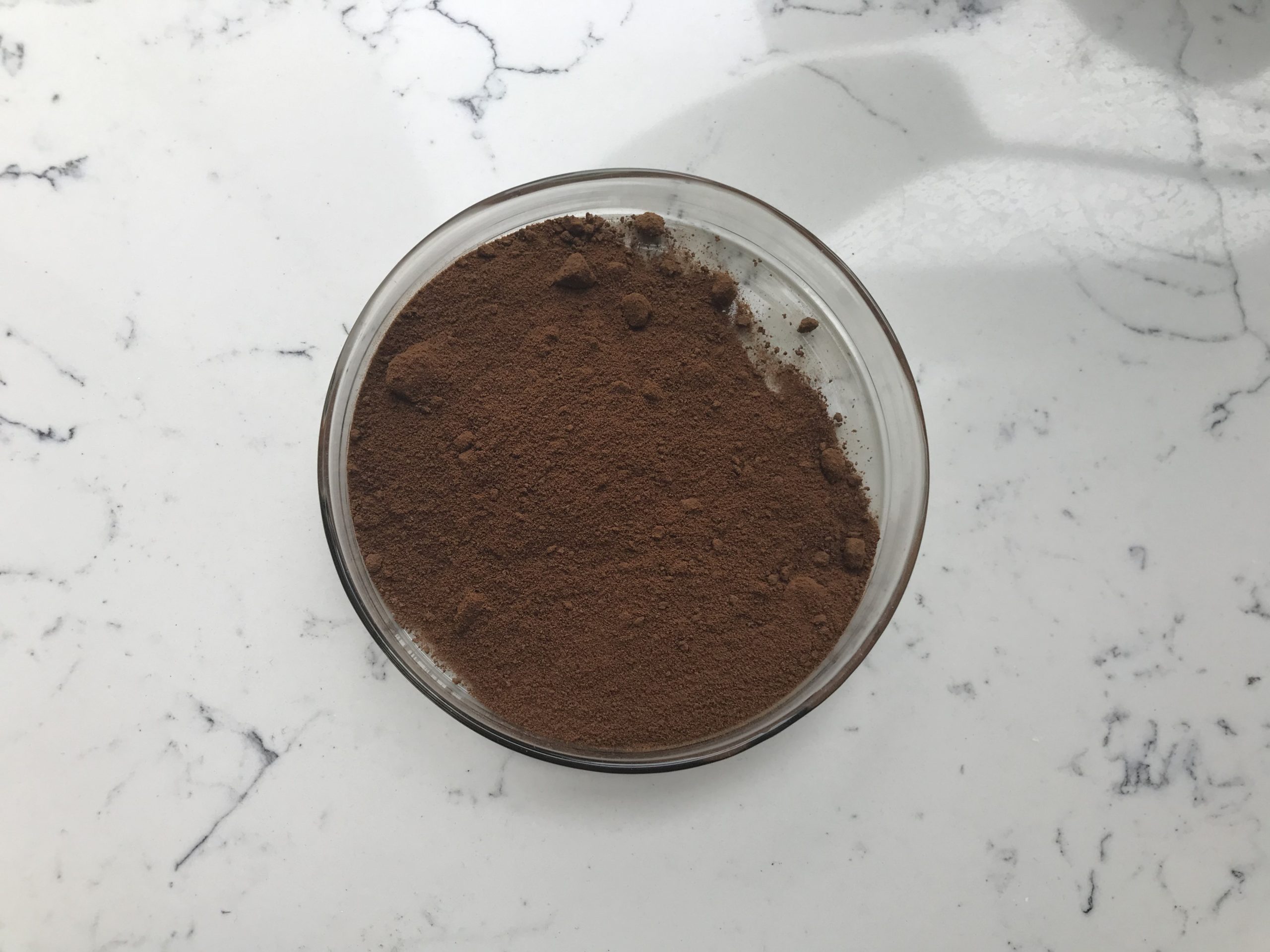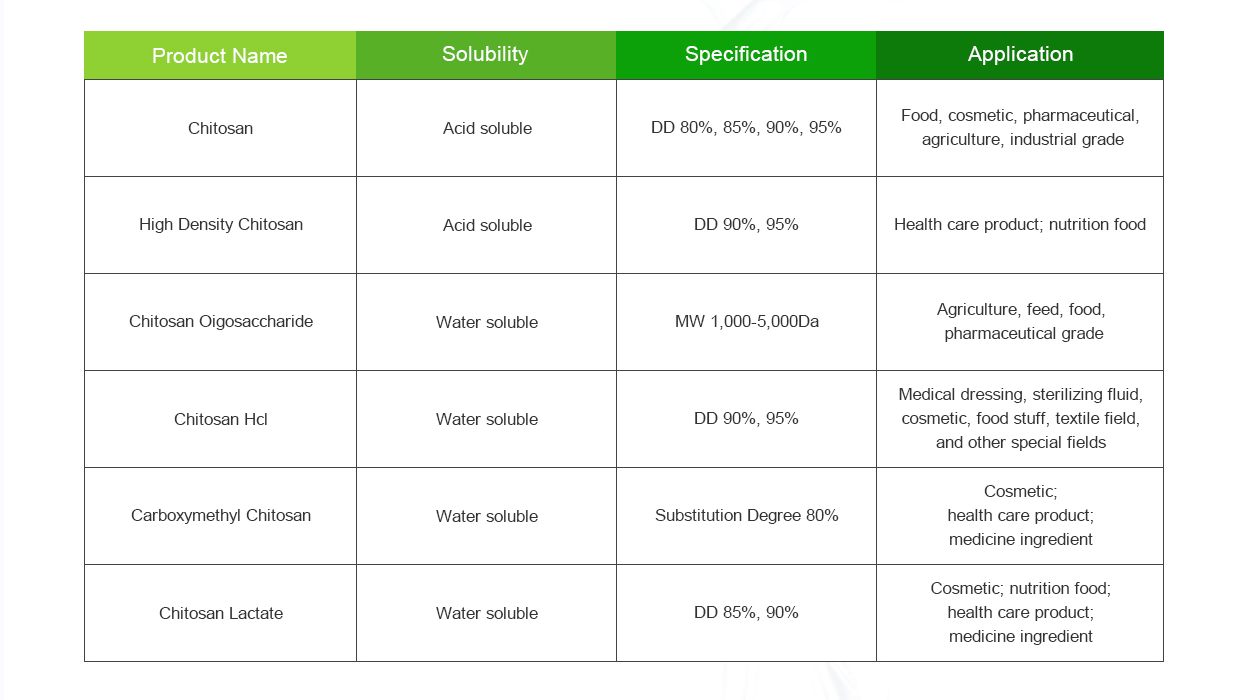Chitosan oligosaccharide is a compound derived from chitosan, which is a natural polymer derived from chitin, a substance found in the shells of crustaceans like shrimp, crab, and lobster. Chitosan itself is composed of long chains of glucosamine and N-acetylglucosamine units.
Chitosan oligosaccharide is produced by enzymatic or chemical degradation of chitosan into smaller molecules, typically consisting of 2-20 sugar units. These oligosaccharides are water-soluble and have gained attention for their potential health and agricultural applications. They are often considered to have bioactive properties, including antioxidant, antimicrobial, and immune-stimulating effects.

In agriculture, chitosan oligosaccharides have been explored as a natural alternative to chemical pesticides and fungicides due to their ability to enhance plant growth and activate the plant’s defense mechanisms against pathogens. In human health, they have been investigated for various potential benefits, such as promoting gut health, modulating the immune system, and supporting weight loss.
However, it’s important to note that research in these areas is ongoing, and while some studies suggest potential benefits, more rigorous scientific investigation is needed to fully understand the effects and mechanisms of chitosan oligosaccharides. As with any supplement or bioactive compound, it’s advisable to consult with a healthcare professional before using chitosan oligosaccharide products for health-related purposes.
Benefits of Chitosan Oligosaccharide
Chitosan oligosaccharide (COS) is a biopolymer derived from chitin, which is found in the shells of crustaceans like shrimp and crab. It has gained attention in various fields due to its potential benefits. Keep in mind that while there is promising research, not all effects have been definitively proven and more studies are needed to fully understand its impact. Some potential benefits of chitosan oligosaccharide include:
Agricultural Applications: Chitosan oligosaccharide is used in agriculture as a biopesticide and plant growth enhancer. It can stimulate plant defense mechanisms, improve root and shoot growth, and enhance nutrient absorption, leading to increased crop yields and improved plant health.
Biomedical Applications: COS has shown potential in wound healing and tissue regeneration. It has antimicrobial properties that can help prevent infections and promote healing in wounds. Additionally, it may have applications in drug delivery systems and tissue engineering.
Health Supplements: Chitosan oligosaccharide is marketed as a dietary supplement for its potential health benefits. It is believed to have antioxidant properties and may help support the immune system. Some studies suggest it could contribute to weight management by potentially reducing fat absorption and promoting satiety.
Aquaculture: In aquaculture, COS is used to improve water quality and enhance the growth and survival rates of aquatic organisms. It may also have immunostimulant effects in fish, helping to boost their immune systems and overall health.
Environmental Applications: Chitosan oligosaccharide has been explored as a biodegradable and environmentally friendly alternative for water purification and wastewater treatment. It can effectively remove heavy metals and other contaminants from water sources.
Cosmetics and Skincare: COS is utilized in cosmetics and skincare products for its moisturizing and anti-aging properties. It may help improve skin elasticity and reduce the appearance of wrinkles.
Gut Health: Some studies suggest that chitosan oligosaccharide may have a prebiotic effect, promoting the growth of beneficial gut bacteria. This could potentially contribute to improved gut health and digestion.
Bone Health: There is some research indicating that COS might have a positive impact on bone health by promoting the growth and differentiation of bone-forming cells, which could be beneficial for conditions like osteoporosis.

It’s important to note that while these potential benefits are promising, more rigorous scientific research is needed to fully understand the mechanisms behind these effects and to establish optimal dosages and safety profiles for various applications. As with any supplement or bioactive compound, consulting with a healthcare professional before use is recommended.
